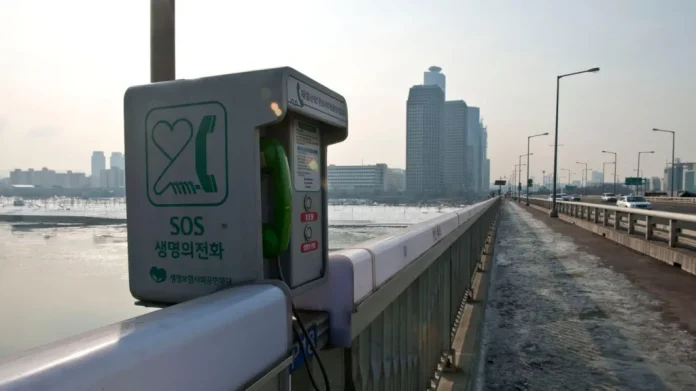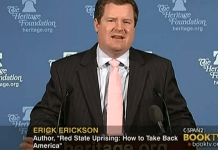A South Korean politician is under fire for controversial remarks linking the increase in male suicides to what he perceives as a growing dominance of women in society, sparking widespread criticism and accusations of misogyny.
Seoul City councillor Kim Ki-duck, a member of the Democratic Party, made the contentious comments in a report where he suggested that women’s increasing participation in the workforce had made it more challenging for men to secure jobs and find marriage partners. He asserted that South Korea was transitioning into a “female-dominant society,” which he speculated could be contributing to a rise in male suicide attempts.
The backdrop to these remarks is South Korea’s high suicide rate, particularly among men, despite its status as a wealthy nation. Gender inequality issues persist, with significant disparities in employment opportunities and wages between men and women. Councillor Kim’s analysis drew on data showing a notable increase in suicide attempts along Seoul’s Han river, with men comprising an increasing majority of those affected.
Critics, including suicide prevention experts and opposition parties like the Justice Party, condemned Kim’s comments as baseless and harmful. Mental health professionals stressed the need for evidence-based analysis rather than attributing complex social issues to gender dynamics without substantiation. Professor Song In Han from Yonsei University cautioned against oversimplifying the issue, highlighting that globally, men are more likely to die by suicide, and the underlying causes in Seoul required rigorous scientific investigation.
The controversy has underscored broader societal tensions in South Korea, where debates on gender roles and feminism have become increasingly contentious. A rising anti-feminist sentiment among some young men has fueled social discord, with grievances over perceived disadvantages attributed to gender equality initiatives.
In response to the backlash, Seoul City Council clarified that councillors’ publications on its official website are not vetted unless they violate laws, placing responsibility on individuals for their statements. The council emphasized that any repercussions would be addressed through democratic processes, such as elections.
Kim’s remarks are seen as reflective of a deeper societal struggle over gender equality and the treatment of women in South Korea. Activists and critics argue that blaming women for societal issues only perpetuates gender disparities and undermines efforts to achieve genuine equality. The Korean Women’s Trade Union director, Yuri Kim, criticized policymakers for scapegoating women instead of addressing structural challenges and supporting gender equity measures.
The controversy surrounding Kim’s remarks is part of a larger pattern of political discourse in South Korea that critics say often fails to address systemic issues such as mental health, gender violence, and the country’s declining birth rate effectively. The intersection of politics and gender issues remains fraught, with political figures occasionally making proposals that are deemed unscientific or out of touch with societal realities.
Looking ahead, the incident has prompted calls for a more nuanced and evidence-based approach to addressing South Korea’s social challenges, including mental health support and gender equality initiatives. Activists and experts continue to advocate for policies that promote inclusivity and fairness, urging policymakers to engage constructively with gender issues rather than resorting to divisive rhetoric.
As South Korea navigates these complex issues, the controversy surrounding Councillor Kim’s remarks serves as a poignant reminder of the ongoing struggle for gender equality and the importance of responsible political discourse in shaping a more equitable society.























